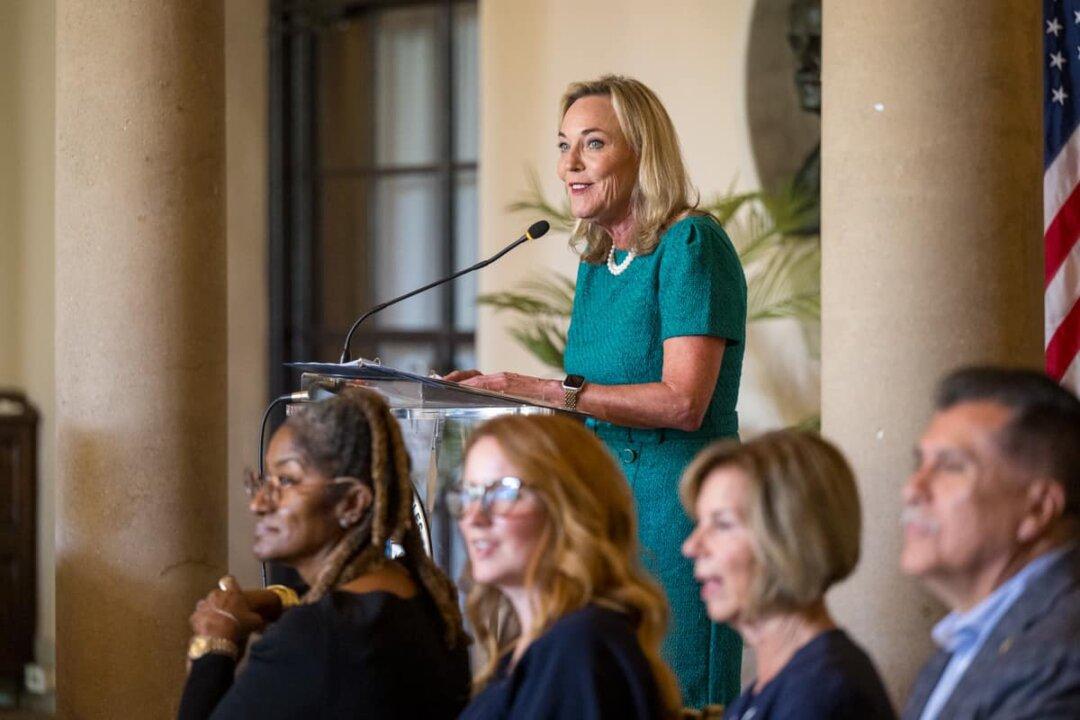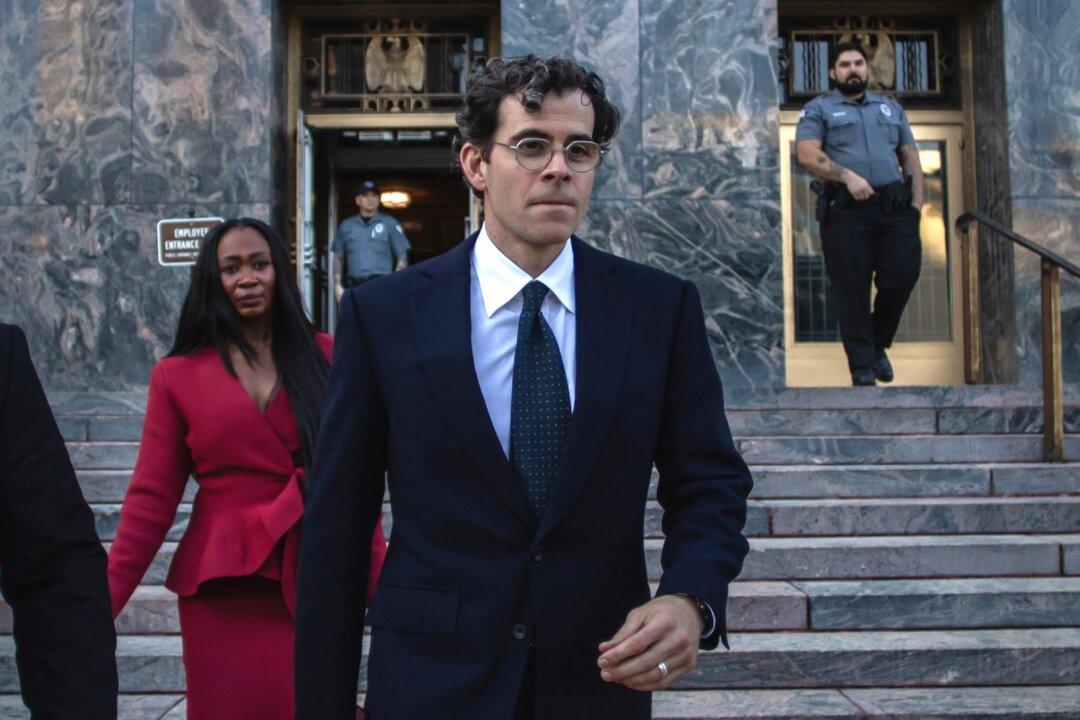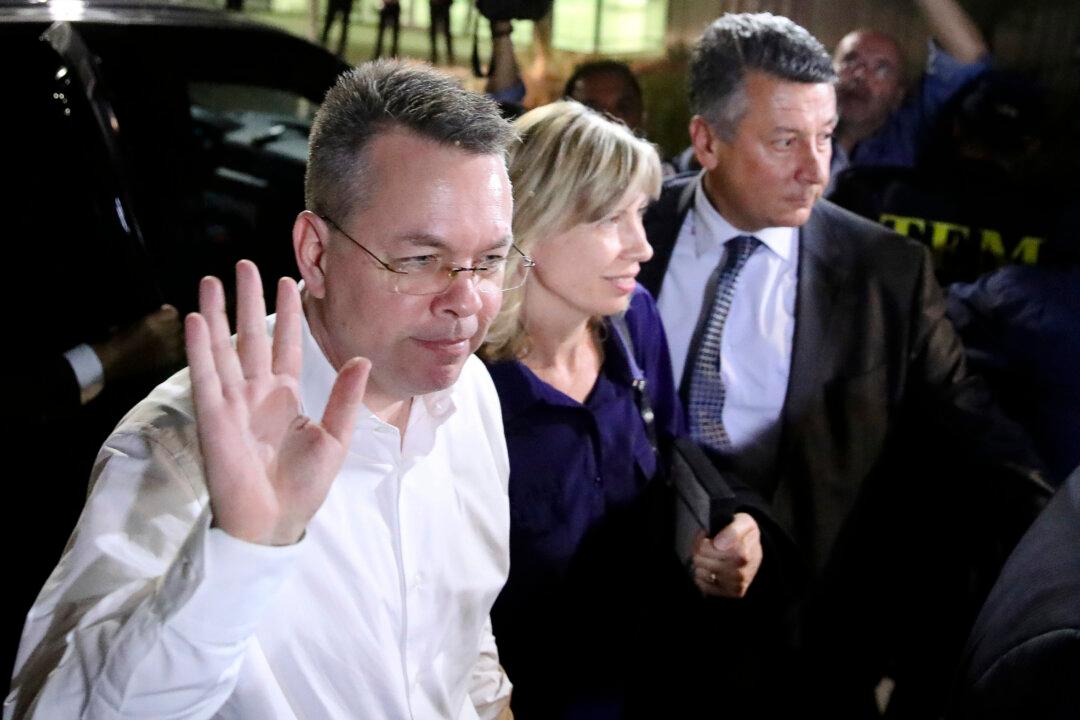LOS ANGELES—As California lawmakers in Sacramento held an emergency session to “Trump-proof” their state against a perceived threat to “California values”—namely with a proposed $25 million litigation fund to fend off federal overreach—Los Angeles County Supervisor Kathryn Barger urged a different approach to a second Trump term.
Barger, a Republican who nonetheless frequently votes in agreement with her four Democrat counterparts, was newly sworn in on Dec. 3 as chair of the Board of Supervisors. She has served on the board since 2016.





